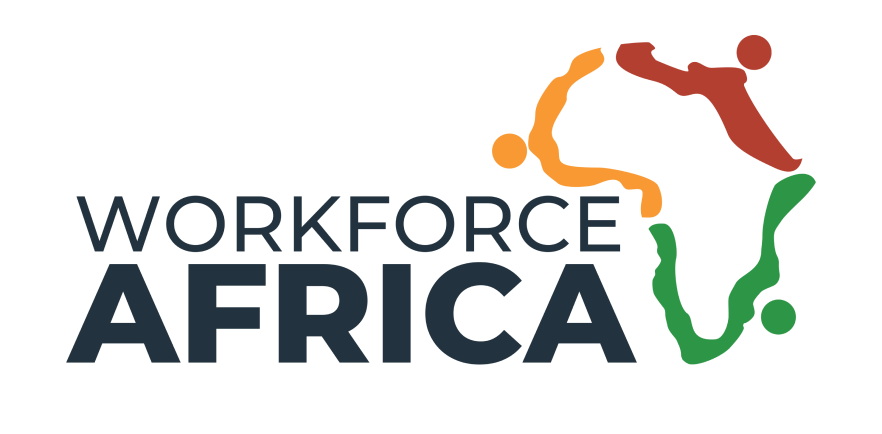The Nigerian equities market defied macroeconomic turbulence in the first half of 2025, delivering capital gains of ₦13.19 trillion to investors and reflecting a 16.57% year-to-date rise in the All-Share Index (ASI), according to latest figures from the Nigerian Exchange Limited (NGX).
The ASI surged from 102,926.40 points at the beginning of the year to 119,978.57 points as of June 30. Simultaneously, market capitalisation increased from ₦62.76tn to ₦75.95tn—signalling renewed investor confidence in Nigeria’s capital market despite high inflation, naira volatility, and political uncertainty.
Analysts say the rally was largely driven by capital-raising efforts from Nigerian banks following the Central Bank of Nigeria’s (CBN) directive mandating higher minimum capital thresholds—₦500bn for international banks and ₦200bn for national banks. This triggered a wave of public offers, rights issues, private placements, and new listings—all of which deepened market liquidity and heightened investor participation.
With money market returns trending below 2024 levels, many investors rotated into equities to secure higher yields. The ongoing earnings season also contributed to the bullish trend, particularly in banking stocks, as dividend expectations lifted buying momentum.
Speaking with THE WHISTLER, David Adonri, Executive Vice Chairman of Hicap Securities Limited, highlighted the role of the earnings season in reinforcing market sentiment. “Most companies, especially banks, released their half-year results during the quarter. The market normally sustains positive sentiment during earnings season,” he said.
Despite prevailing political uncertainties, investors are staying focused on long-term gains. “The equities market is defying political turbulence because investors are futuristic,” Adonri added.
Olatunde Amolegbe, MD of Arthur Steven Asset Management, noted a demographic shift in market participation. “Local investors now dominate the market, reducing volatility and boosting stability,” he explained. He also linked the market’s momentum to government policy reforms aimed at attracting foreign direct investment.
“Some of these policies may push inflation higher in the short-term, and typically, stock prices rise with inflation,” Amolegbe noted.
Looking ahead, market analysts believe the Nigerian equities market is well-positioned for sustained growth—driven by improved regulatory clarity, robust corporate earnings, and rising domestic investor participation.
The H1 performance offers a strong signal of resilience in Nigeria’s capital market as it navigates a reform-driven yet complex economic landscape.



